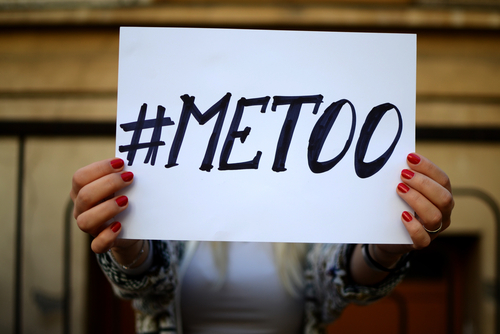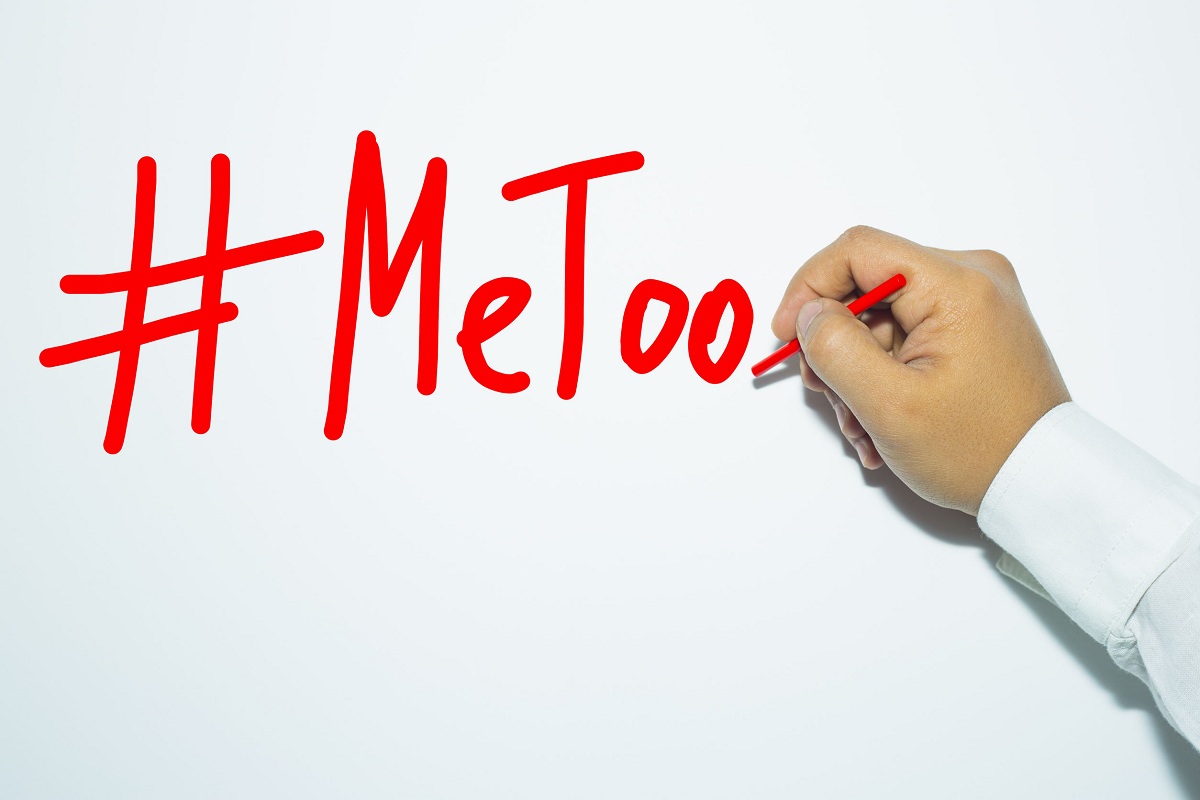Dance Talk
Our dance season never ends. Learn dance tips from the best.
Responding to Sexual Harassment in the Dance World


Since revelations in Hollywood about legendary film producer, Harvey Weinstein, and the emergence of the #MeToo movement, sexual harassment has been on the minds of many. Beyond Hollywood, the controversy has also touched politics, media and the business community. Just like those industries, the dance world is certainly not immune to issues with sexual harassment, especially when you consider the fact that the field revolves around impressionable youth in dance shorts, impossibly high standards and extreme power dynamics. In fact, over the course of the past few months alone several high-profile news stories have come to light, including those surrounding Marcelo Gomes and Peter Martins.
Back in December, Gomes was accused of sexual misconduct and subsequently resigned from the American Ballet Theater (ABT). One of the world's most renowned dancers, he was born in Brazil, had been with the company for 20 years, and is known for his dynamic stage presence. No specifics were given in the case, however the ABT's board chairman, Andrew F. Barth, said the incident does not involve any current or former members of the ABT community, aside from Mr. Gomes, and did not occur in relation to his employment duties with the company.
More recently, sexual harassment allegations against prominent New York City ballet teacher Peter Martins made headlines in the world of dance. Throughout the investigation, many dancers came forward stating that under Mr. Martins, dancers were verbally and physically bullied. They also said that they were shamed about their bodies and power was abused through sexual relationships with select dancers. Martins has since been removed from his teaching role at the School of American Ballet.
For many years, dancers did not speak up about issues like these. There's always been a fear that if you did say something, then you would be punished. But thankfully, times are now changing. In many cases, dancers are supported and empowered when they come out to discuss inappropriate behavior thats happening in the industry. The trouble is, in a world that's very hands-on, whether you're working with a partner or accepting correction from your teacher -- how can you tell whether a behavior is appropriate or not?
There's no perfect answer. Ballet is so different from other art forms, such as acting and music. There's no talking and there's a lot of touching. The reality of the situation is that partners are often grabbing and lifting you, which can feel awkward at times, and teachers have to be hands-on when they are correcting you. To do so, they will often clutch and reposition you, which can certainly make some dancers feel uncomfortable. So don't always assume the worst. Just because a teacher is, in fact, touching you, doesn't mean it's anything inappropriate. To evaluate the situation, ask yourself a few questions:
- Is your teacher putting you in the right place?
- Are they stroking you and / or touching you for longer than necessary?
- Are the body parts they're touching the ones that need to be adjusted?
For instance, dance teachers will often have to adjust your leg or your hand. But are they instead touching your dance shorts, inner thigh or the small of your back when that's not where you need adjustment and correction? The bottom line is that it's important to use your common sense and think about whether the touch was a professional one to correct you or whether the touching was being done inappropriately.
In addition to that, the way the body looks and moves is of primary importance in the world of dance, unlike in other artistic endeavors. Often times, directors and teachers will comment on your body and the way it's moving, which can certainly make some dancers uncomfortable. But, at the end of the day, it's about perfecting the technique and the aesthetic. It's not about harassing a dancer or crossing a line. So again, in these kinds of situations, it's important to evaluate the comments and the motive behind them. If it's to improve your performance and help you to look more graceful or powerful on the stage, then chances are they're innocent.
What to Do When Comments Go Beyond Innocent & Make You Sweat in Your Dance Shorts
If the situation has become more than touching and comments and threats are being made, it can certainly be hard to handle. There's always a lot of fear about rocking the boat and whether you should simply keep your mouth shut. But advancing your career should not be about submitting to inappropriate requests to take off your dance shorts, or staying silent when being verbally or physically harassed. It should be about your talent and work ethic. So don't let things go. When you feel you're a target of sexual harassment, say something. Especially in today's world, with all the allegations coming out of every big industry, there's far more support for people who are speaking up.
That said, don't make allegations without basis. If you simply feel uncomfortable, evaluate whether it's because you're not totally comfortable with the hands-on nature of dance, or whether it is, in fact, something more sinister. When it's a clear-cut case, you must let others know. If you don't, it could happen to someone else. Plus, you're probably not alone in what you're facing. And once you do make your voice heard, others will follow suit.

Follow Us
Follow Us online, join our conversations, engage with our teams around the world!